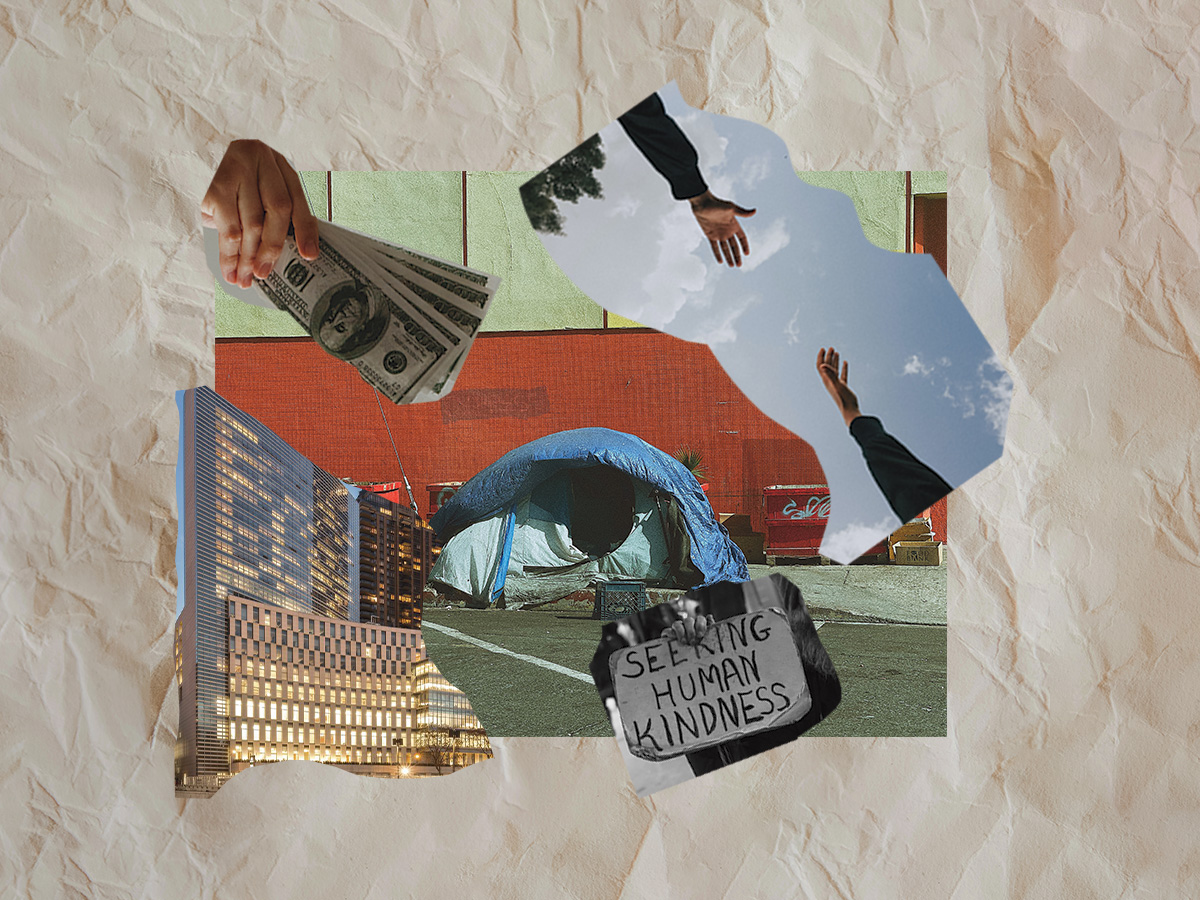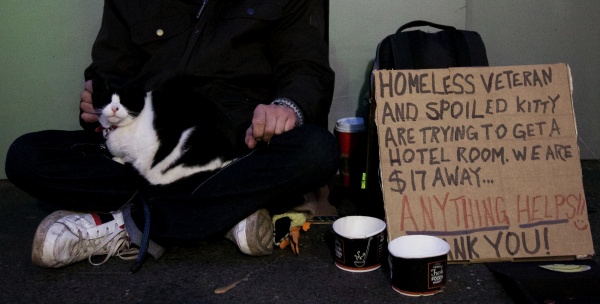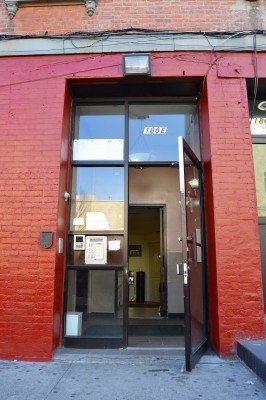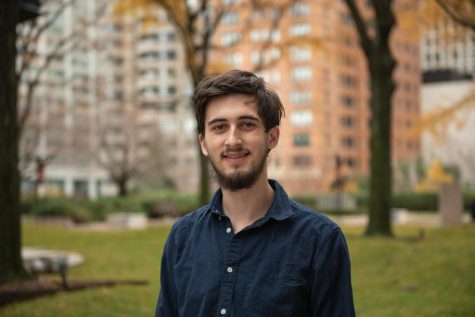If you live in New York City, you have likely seen people experiencing homelessness on the street begging for spare change or something to eat. The visibility of people living without shelter is an inescapable detail of the New York City landscape. Many New Yorkers simply look away or try to ignore the presence of people experiencing homelessness, but people should exercise their power to give what they can.
The housing crisis in New York City has gradually worsened over the past decade, and there has been a rise in homelessness across the five boroughs. According to the Bowery Mission, a nonprofit aid group, one in 83 people in New York City are unhoused. As Fordham students, we see unhoused people everywhere, on our commutes to and from campus and in our surrounding neighborhoods — and yet I’ve seen countless gaggles of passersby sweep past unhoused people, failing to spare them a single glance.
The proverb “if you give a man a fish, you feed him for a day, but if you teach a man to fish, you feed him for a lifetime” claims that giving money to people experiencing homelessness encourages dependency.
“Why should I help?” I’ve heard people ask. You should help because you can.
Kyle Cassaday’s article titled “Why Should We Not Help The Homeless?” referenced the proverb and argued that there’s no use in giving someone a little bit of money if they’re immediately going to spend it on some trivial item and then return to ask for more. This cold, hard logic may seem to make sense, but it’s missing one of the core sentiments that makes us human: kindness.
There’s a grim stereotype that accompanies those who have been displaced and live on the street. Society harbors the assumption that most people who are unhoused have made poor life decisions to end up where they are, and that any money given will promptly be shunted toward some malicious addiction. Giving money to people experiencing homelessness, therefore, is often perceived as an act that will only perpetuate the problem.
“Why should I help?” I’ve heard people ask. You should help because you can.
The Center of Career and Recovery Resources is a nonprofit that works to help struggling Americans find their footing. The Center argues that “there is a widespread misconception that unhoused people spend money on alcohol and drugs which is only partly true … some desperately need it for medications or psychiatric help.” Two dollars won’t pay for a dose of crack cocaine, but it could buy a much-needed bottle of water.
Lay-offs, poor wages and mental illness are among the top factors that lead to homelessness — not drug addiction, laziness or poor work ethic. It isn’t up to us to pass judgment, to decide what a person has experienced or to assume what hardships they may have endured.
The ultimate solution to widespread homelessness is to address the root of the problem itself, which requires a great deal more than simply giving away your spare change. Major institutional changes are out of any New Yorkers’ control, so we’re led to the conclusion that if anyone’s responsible, it’s the billionaires, or the government. This sort of reasoning, however, excuses us from looking at, acknowledging, or helping the unhoused — all on the basis that any attempt to help is futile.
I believe that this isn’t how human beings actually think or feel. We want to empathize, and we want to help — but we have to grapple with the fact that there is only so much we can do when we ourselves are struggling in our own, privileged way.
It isn’t up to us to pass judgment, to decide what a person has experienced or to assume what hardships they may have endured.
Many college students are struggling financially, desperately trying to limit their excess expenditures. It might feel like you’ll need those two dollars for your own meal — and what’s the point, anyway, in giving your spare change to someone on the street, when you may see countless other people in the same day? Because it’s an act of humanity. You should give what you can, if you’re able, even if it is not much.
Fordham has two campuses in the Bronx and Manhattan, each with surrounding neighborhoods that are affected by the housing crisis. Students across the campuses should feel compelled to give what they can, especially considering the privilege that students enjoy.
Students at Fordham have the privilege of attending a private university in one of the most carefully groomed sectors of Manhattan. We might not be able to make any monumental change today, but we can do something. By passing off responsibility to those we deem more “fortunate” or more “capable” than ourselves, like politicians or the filthy rich, we perpetuate a vicious cycle of indifference.
In an opinion piece published in the Wall Street Journal, former IBM CEO Louis Gerstner argued that the best way to combat the housing crisis is to prevent it from happening in the first place. Various philanthropic organizations have poured millions into the legislation of new policies that might alleviate the housing crisis, but as college students, there’s very little we can do to contribute to that.
Unless college students are ready to become avid social justice advocates — willing to dedicate their life’s work to the activist cause — the quickest and easiest remedy is to hand people as much as we can contribute.
Terrible situations can befall anyone, and unhoused people deserve the benefit of the doubt. Instead of turning a blind eye, stay conscious and open minded. It’s not wholly on us to solve the housing crisis, but it is on us to show small acts of compassion wherever possible.
If you can spare a dollar, you should spare it. If you can have empathy, you should show it. No matter what your position is in life, you can always hold kindness in your heart.


















